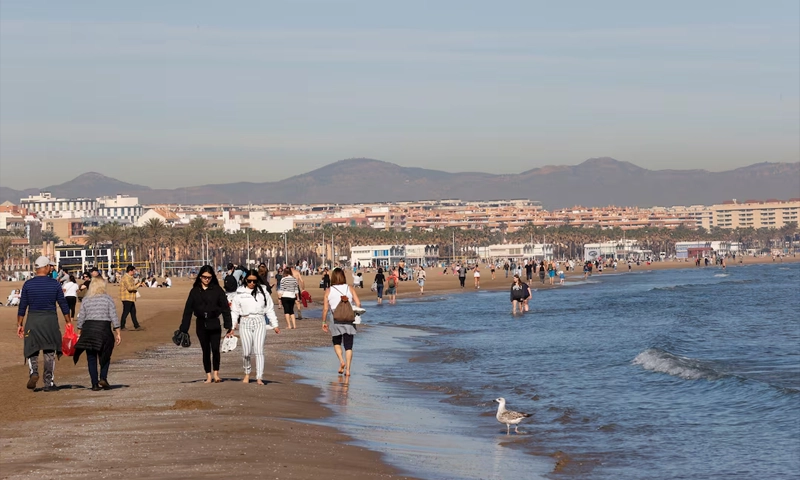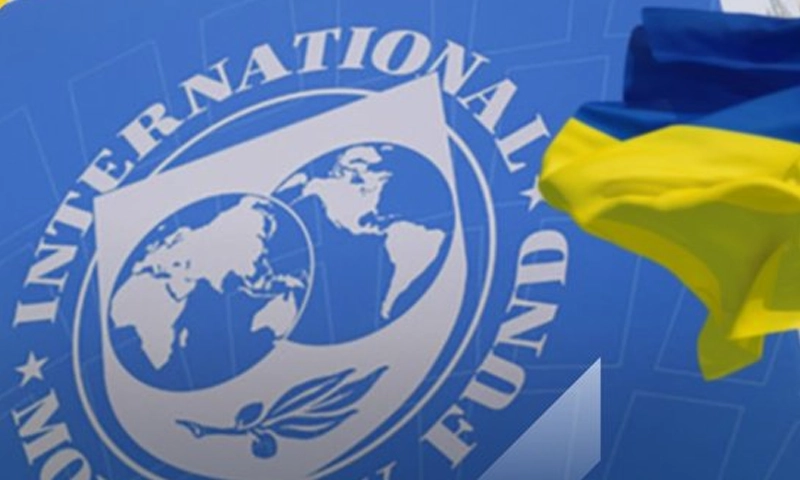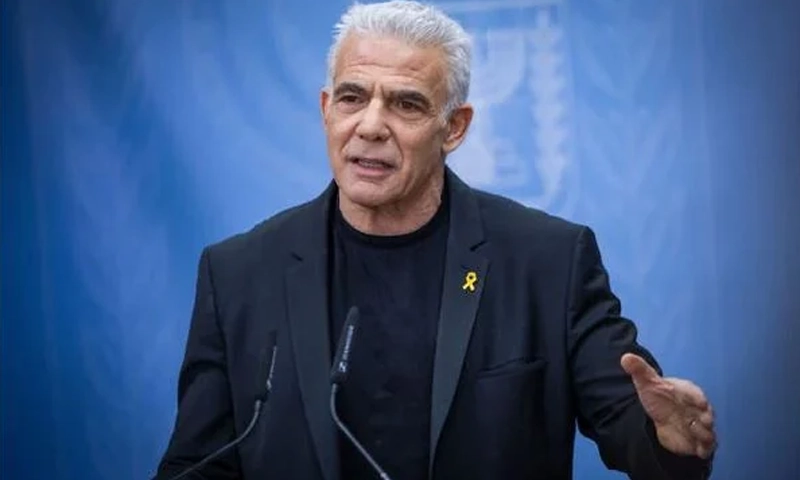- AFP
- Now

Mediterranean set new June temperature high on Sunday
-
- AFP
- 2 Hours ago

PARIS: The Mediterranean Sea on Sunday hit its warmest temperature on record for June at 26.01 degrees Celsius, said a French weather service scientist, citing data from EU monitor Copernicus.
“We have never measured such a high daily temperature in June, averaged over the basin, as Sunday,” said Thibault Guinaldo, a researcher at the Centre for Satellite Meteorology Studies under Meteo-France.
At present, sea surface temperatures in the Mediterranean are 3C higher than average for the same period compared to 1991-2020, with spikes exceeding 4C around the French and Spanish coasts, he added.
Read more: Heatwave across Mediterranean sparks health and fire warnings
“Given the week we’re going to have in terms of weather conditions, unfortunately it’s not going to get any cooler”, Guinaldo said.
ABSORBING EXCESS HEAT
It comes as Europe swelters through summer’s first major heatwave, with Spain and Portugal setting new temperature highs on Monday as France, Italy and Britain also sizzled.
The oceans are a vital regulator of Earth’s climate, absorbing some 90 per cent of the excess heat in the atmosphere caused by humanity’s burning of fossil fuels.
The Mediterranean region is warming faster than the global average and scientists say that climate change is making marine heatwaves more frequent and powerful.
Since 2023, there have been consistent waves of abnormally high temperatures. The Mediterranean hit a new all-time high temperature of 28.47C in August 2024, blitzing the previous record set in July 2023.
Read more: Heavy rain hits China’s flood-stricken Guizhou for second time in a week
The basin is also cooling much more slowly during the winter months: every year since 2023 has experienced well above average temperatures between October and April, said Guinaldo.
This has prolonged extreme conditions year round that harm sea life, reduce fish stocks and whip-up stronger storms that make landfall with devastating consequences.
A 2022 study found that marine heatwaves in the Mediterranean between 2015 and 2019 caused widespread death in around 50 underwater species including corals, sea urchins and mollusks.
RIGHT TO LIFE UNDER THREAT
Separately, the UN human rights chief warned Monday that the climate crisis is threatening the right to life, as a heatwave roasted southern Europe.
Volker Turk hit out at fossil fuel companies, saying they were peddling falsehoods to distract from the damage caused by climate change while they rack up profits.
“The climate crisis is a human rights crisis,” said Turk, the United Nations’ high commissioner for human rights.
“Rising temperatures, rising seas, floods, droughts, and wildfires threaten our rights to life, to health, to a clean, healthy and sustainable environment, and much more,” he told the UN Human Rights Council.
He said the current heatwave in Europe should turn minds towards climate adaptation measures.
FOSSIL FUELS
Turk said the transition away from fossil fuels has serious implications for human rights, and if mishandled, the rich and powerful would benefit while the poor and vulnerable miss out.
He said current evidence suggested leaders were not taking the required steps to protect people from climate chaos, safeguard their futures, and manage natural resources properly.
Turk said that corporate accountability in the fossil fuels sector was “utterly inadequate”.
“Fossil fuel corporations perpetuate misinformation and disinformation, and peddle false solutions and greenwashing that distract from continued damage,” he said.
The UN rights chief called for measures to make sure that the people and corporations “that have caused and benefited from planetary harm pay for it”.
Turk said that most international financing for climate transition came in the form of loans that increase debt burdens for developing countries.
“Some 3.3 billion people now live in countries that spend more on debt interest payments than on either education or health — with a clear impact on the enjoyment of human rights,” he said.
“In emerging and developing countries, debt interest payments outweigh climate investments.”
Turk said human rights law could actually be a strong lever for climate progress, pointing to recent decisions by international rights courts clarifying the obligations of states to protect the climate and environment.
During the climate change discussion at the Human Rights Council, the president of the UN’s top rights body relaxed the dress code given the heat in Geneva, ditching his tie with temperatures expected to reach 33 degrees Celsius (91 degrees Fahrenheit).






